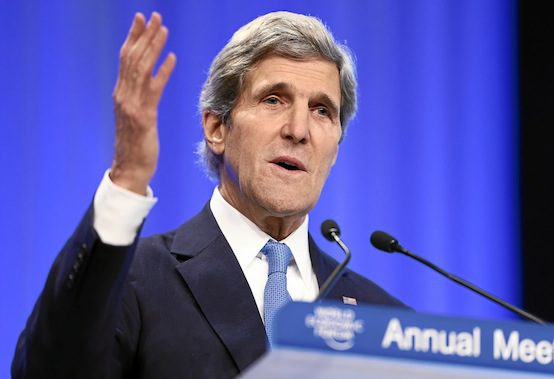The Senate Torture Report and Foreign Policy

Dan Drezner dismantles the claim that the Senate torture report shouldn’t be released because its contents might provoke a violent reaction:
There is no shortage of US foreign policy actions and inactions in the region to inflame enemies. The Senate report is small potatoes compared to that.
Drezner makes several good points. I would just add that many of the loudest opponents of releasing the report don’t normally think that “violence and deaths” from protests or terrorist attacks can ever be linked to U.S. actions overseas, and even if they accept that there is a link they don’t think that has any implications for what the U.S. should or should not be doing abroad. Changing a particular policy or avoiding an intervention all together in order to minimize the risk of attacks against Americans is normally portrayed by many of the same people as “giving in” to terrorism. Only now that there is minimal accountability for the illegal and abhorrent use of torture by our government are they moved to worry about what people in other countries might do in response.
It is extremely convenient for these people to discover the possibility that a report about past U.S. abuses might inspire outrage and even violence in response. There was no such concern among hawks about the foreign policy implications of torturing people when it was being done, and they expressed no similar worries that other U.S. actions would provoke violent responses. If one raises the possibility that aggressive U.S. actions in other parts of the world could have dangerous consequences for Americans later on, that is normally denounced as “blaming” America. Strangely enough, that doesn’t seem to apply when there is a chance of exposing our government’s egregious abuses to public scrutiny and having some small measure of accountability for those abuses.
Drezner also mentions Kerry’s worries about the “timing” of the report, but using Kerry’s reasoning there is never going to be a “good” time to release it. There is always going to be a lot of things “going on in the world,” and if that were a good enough reason to delay the release of the report it would never be released. There probably will be an angry reaction to the contents of the report in many countries, but that is actually why it is imperative that these crimes are made known. If we want to make sure that crimes of torture aren’t repeated in the future, the very smallest step to take is to expose those crimes as much as possible to public scrutiny.
Comments